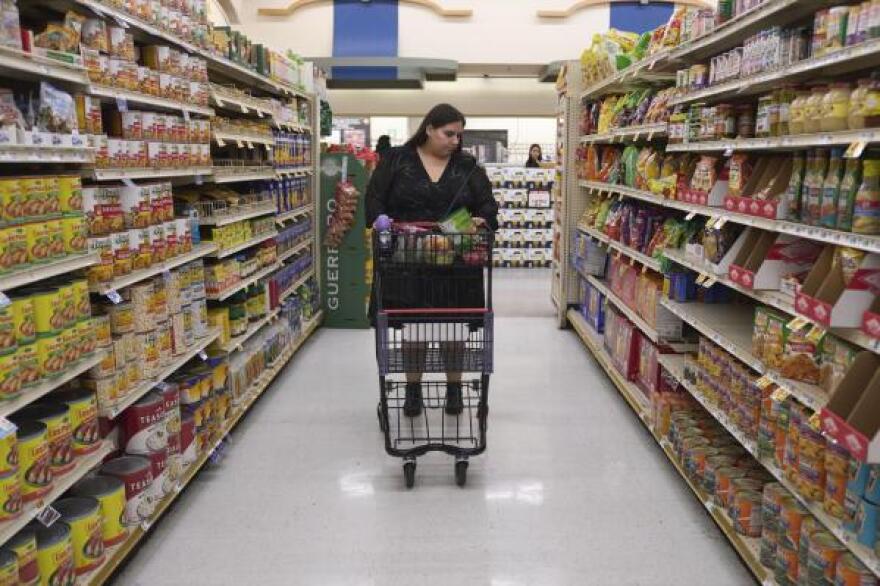Backers of the Supplemental Nutrition Assistance Program said it is in uncharted territory because funds were never disrupted like this. The shutdown resulted in a host of delays and court orders when the Trump administration argued it could only authorize partial payments.
Karen Ehrens, U.S. policy manager for the Alliance to End Hunger, said although officials recently stated some recipients could soon access partial benefits, they might have already spent money -- meant for other expenses -- on food.
"People who participate in SNAP probably do not have a lot in savings that they can draw on," Ehrens pointed out. "This can set them back and impact their finances not only for November but into December."
She added that rural grocers reliant on SNAP customers have thin profit margins and could see their business models upended for several months. Ehrens noted the state previously had one of the lowest food insecurity rates, but it is no longer immune to hunger challenges made worse by higher food costs.
This summer's tax and spending bill, pushed through by Republicans, included controversial provisions for SNAP, such as expanded work requirements and a cost-sharing mandate for states. Ehrens predicted that when the shutdown sting wears off, a new form of stress will take over.
"These changes in the paperwork requirements impact people who don't have homes, don't have access to a computer, are not able to have transportation, most likely to get to an office to update their files," Ehrens explained.
At the time of the bill's passage, Republicans argued that the moves would reduce waste. Still, SNAP advocates said current benefits were already too low for a long-standing program designed to address food affordability issues.



